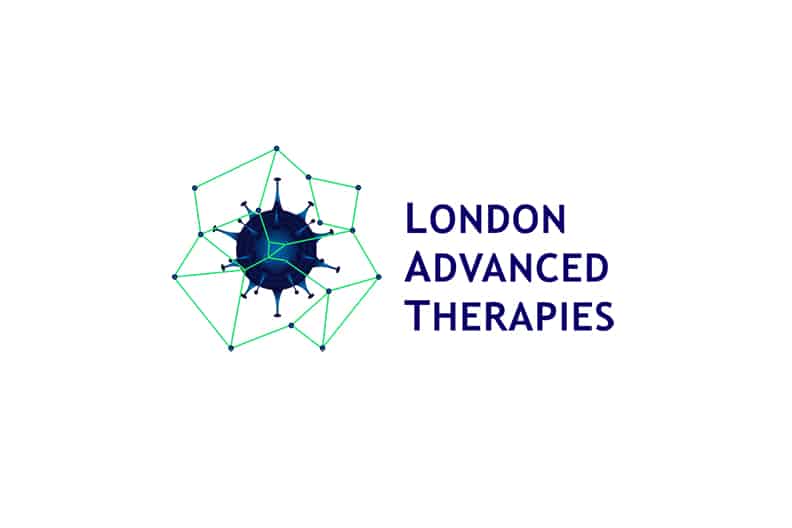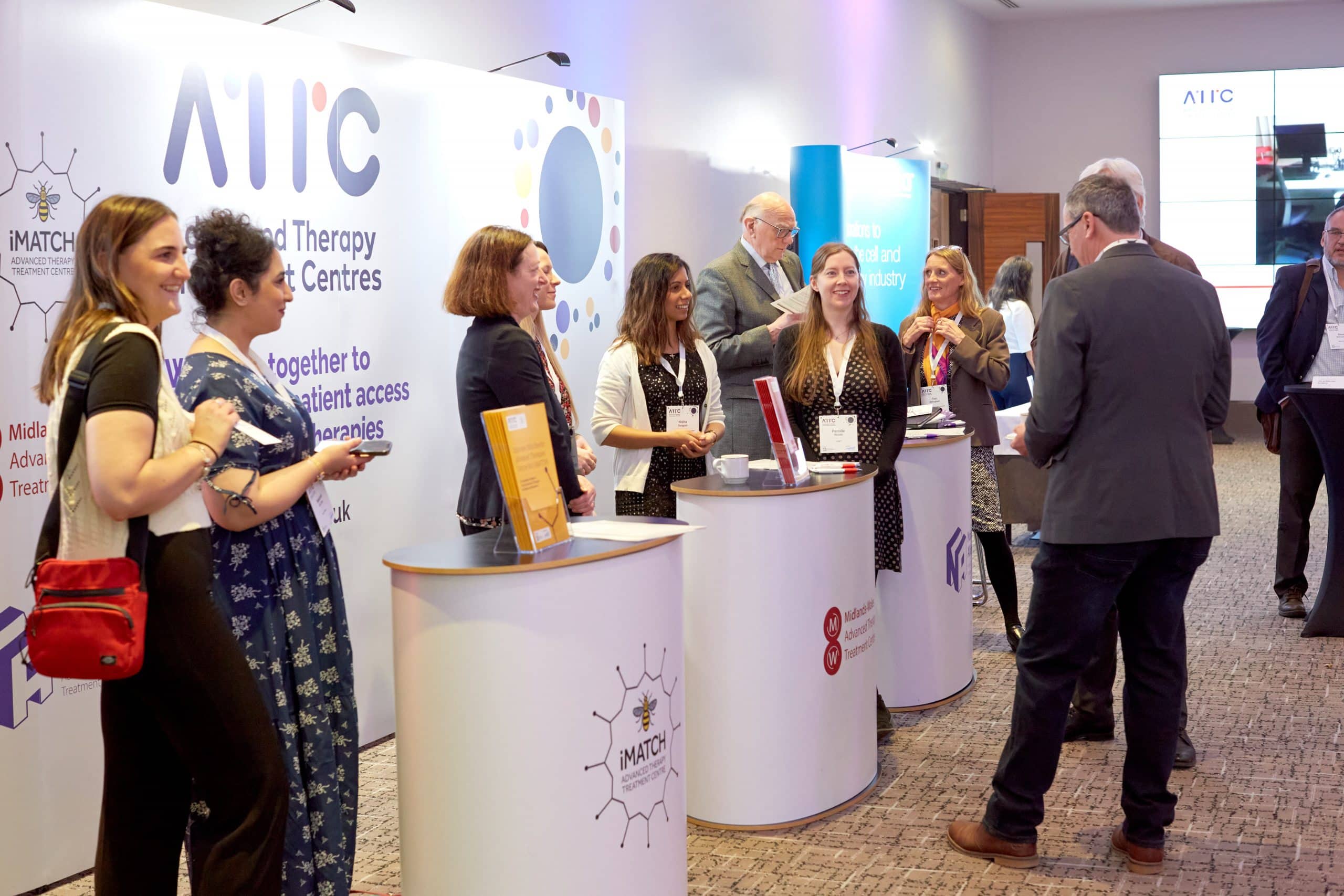It’s been One year since the start of the ATTC network programme, each of the centres have achieved an incredible amount in that time.
In the last year The MW-ATTC have established a project management office framework to monitor and deliver the objectives of the MW-ATTC. This framework has been shared with new Innovate UK projects such as PROmics. A PPI working group has developed a comprehensive PPI strategy including focus groups, involvement in clinical studies and public engagement events. The MW-ATTC have generated generic standard of care clinical patient process maps for autologous and allogeneic ATMPs as well as matrices for estates, technical, clinical and operations requirements. The Trials Acceleration Programme for Cellular Therapy (TAP-CT) framework with a dedicated Trials Team Leader across the MW-ATTC has been set up.
TrakCel have developed a data structure and accompanying user interface which will support allogeneic therapies. This has opened up many new potential customers for TrakCel, with the software now capable of managing different allogeneic therapies. Evaluation of Asymptote’s prototype shipper has been completed at all clinical sites. The manufacturing team have created a Process Development Template; a checklist for ATMP manufacturers to evaluate needs for adoption of new advanced therapies.
A new economic model has been agreed with Rexgenero and Health Technology Wales (HTW); this will inform data required from Secure Anonymised Information Linkage Database (SAIL) and will deliver the economic evaluation of an exemplar. The outcome of this work will support determining a new way of assessing and costing ATMPs. UHB NHSFT and NWIS have engaged with relevant partners to generate a process map that captures data flow from “needle to needle” so that IT interfaces and relevant data points can be identified and recorded between these partners. UHB and NWIS have designed and built an informatics prototype IT system with an interface ready to interact with TrakCel and the other NHS organisations.
Throughout the first year, external engagement with new industrial partners (GSK, Pfizer, Autolus) about use of MW-ATTC for delivery of further ATMPs has been carried out. Additionally, the MW-ATTC raised funding for new ATMP projects in its local region.
Since the start of the iMATCH programme, there has been considerable scale up in activities from all partners. The protocol for the Immetacyte sponsored exemplar trial, OvStar, has now been finalised and is due for submission to the MHRA imminently. OvStar will use Tumour Infiltrating Lymphocytes (TILs) to treat ovarian cancer and is a large collaborative effort across multiple partners. For example there is excellent progress being made on a bespoke database for the management of OvStar which has required coordinated effort between Aptus Clinical, Formedix and Chaucer Life Sciences. The protocol, PRIME, aiming to streamline sample collection across Manchester for tissue that could be manufactured into Advanced Therapeutic Medicinal Products (ATMPs) will go-live in June. At the clinical sites, there has been a significant increase in activity with at least 18 ATMP trials now open at The Christie and Manchester University Foundation Trusts. iMATCH has been at the centre of driving this increase forwards, for example through the appointment of additional ATMP trained staff (nursing, medical, quality, education), governance structures have been rolled out, the apheresis capacity expanded and finally work has commenced on increasing the cell storage facility. Training is a particular focus of the iMATCH programme and is being rolled out across the city through a series of education events. There is now an established bi-monthly meeting that rotates around The Christie and Manchester University Foundation Trusts, bringing together pharmacists, nurses, doctors and others involved in the treatment of patients with ATMPs to share experience and best practice in this field. Looking to educating the future workforce in the use of ATMPs the iMATCH team have gained approval from Manchester University to run an MSc in ATMPs, this unique course, with the first intake in September 2019, will deliver a broad and comprehensive overview with in-depth insights into the rapidly developing and cutting-edge field of Advanced therapies.
The Northern Alliance Advanced Therapies Treatment Centre held its first major dissemination event in May to share knowledge on delivery of Advanced Therapies in the NHS, with a particular focus on CAR T-cell therapies. Leeds Teaching Hospitals, one of NA-ATTC’s partners, is applying its significant clinical trials experience with oncolytic virus in the delivery of a new commissioned service for T-VEC; the first licenced gene therapy approved for use at this hospital.
Talimogene laherparepvec (Amgen), or T-VEC for short, was the first Oncolytic virus to be approved by the European Medicines Agency (December 2015). T-VEC is a modified form of the herpes virus and kills cancer cells in two ways — by attacking them directly and by directing the patient’s own immune system against the tumour. It is genetically modified to preferentially replicate in tumour cells and to express granulocyte-macrophage colony-stimulating factor (GM-CSF) which stimulates the immune system to attack and destroy the tumour.
Currently, adults with melanoma that cannot be removed by surgery and that has spread locally or around the body qualify to receive the treatment.
Leeds Teaching Hospitals NHS Trust (LTHT), member of the Northern Alliance ATTC has a significant track record in the use of oncolytic viruses in clinical trials. Leeds was chosen as a commissioned provider to deliver this new clinical service. It has recently started delivering T-VEC as a commissioned service, outside the usual frameworks and support provided for research programmes. This work revealed a number of internal factors that had to be taken into consideration when delivering such products outside the highly regulated confines of a clinical trial, including:
- Approval process for non-trial GMOs (licensed commissioned products)
- Agreement for treatment delivery of GMOs in non-research clinical areas
- Training of medical, nursing and pharmacy staff around product place in therapy, procurement, handling, storage, spillage, disposal, administration and approval processes
- Appropriate low temperature storage facilities and monitoring
To overcome these, a new SOP had to be written for the Biological Safety Committee to approve the use of such products, a pharmacy SOP had to be written for receipt of product, storage and dispensing, an internal logistics pathway set up with the clinical melanoma team, a training programme developed for GMO handing requirements for non-research staff and wider briefings about the new service held so that all staff involved in care of melanoma patients were informed about the new service.
Leeds ATMP Pharmacist, Sarah Tehan, who led the work commented “This work has revealed the significant differences between delivering ATMP’s in clinical trials and as commissioned service. A significant amount of cross-organisation work has been required to set up this service, even with the significant learning we had from using the product in clinical trials. What we have learnt will be useful with our work in other areas going forwards”.
The TVEC service is operational with 3 patients currently on treatment. This is the first licensed ATMP approved for use in LTHT and the lessons learnt from this experience are being applied to work being undertaken at the organisation developing pathways for delivering CAR-T therapies and other ATMP’s, both in a research environment and as a commissioned service, to try and minimise the amount of process reinvention required when moving from research to clinical service.


